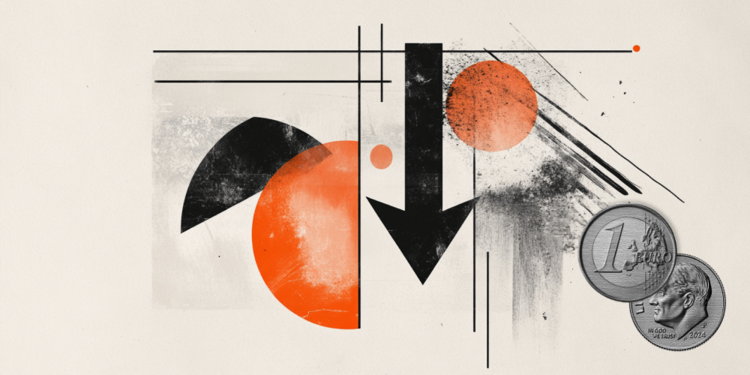The Food and Drug Administration (FDA), an agency of the United States similar to Anvisa, prevented this Thursday (23) the manufacturer of Juul Labs electronic cigarettes to sell its nicotine products in the United States. The measure could compromise the San Francisco company.
After a nearly two-year review of scientific and public health data submitted by the company, the FDA stated that the documents “lacked sufficient evidence” about the toxicological profile of the products to demonstrate that marketing them would be appropriate in the context of protecting public health. .
Juul, along with other e-cigarette brands including BATS.L Vuse, from British American Tobacco Plc, and IMB.L Blu, from Imperial Brands Plc, had to meet the September 2020 deadline to submit data to the FDA showing that its products provided a net benefit to public health.
The agency had to assess whether each product was effective in getting smokers to quit and, if so, whether the benefits to smokers outweighed the potential health harms of new e-cigarette users — including teenagers — who had never smoked.
“We recognize that they constitute a significant part of the products available and many have played a disproportionate role in the rise of vaping among young people,” FDA Commissioner Robert Califf said in a statement.
The company Juul did not respond to the report’s request for comment so far.
Juul and other e-cigarette makers have been selling products in the United States for years without being officially cleared by the FDA, as regulators have repeatedly delayed deadlines for e-cigarette companies to comply with federal guidelines.
E-cigarette use by teens increased with the popularity of Juul in 2017 and 2018.
E-cigarette use among high school students grew from 11.7% in 2017 to 27.5% in 2019, before falling to 11.3% in 2021, according to a federal survey.
Experts who conducted the survey for the US Centers for Disease Control and Prevention (CDC) said the latest data on e-cigarettes for young people cannot be compared to previous years due to changes in the way the research was conducted during the Covid-19 pandemic.
In 2020, the FDA banned all flavors except tobacco and menthol for cartridge-based e-cigarettes such as Juul. The company had withdrawn all other flavors, including mint and mango, in late 2019 after regulatory scrutiny and protests from smoke-free advocates.
The Biden administration has been looking at other ways to help people quit smoking in an effort to reduce preventable cancer deaths. The company said this week it plans to propose a rule that sets a maximum level of nicotine in cigarettes and other tobacco products to make them less addictive.
Altria Group Inc MO.N, which has a 35% stake in Juul, closed down 9% on Wednesday after the Wall Street Journal first reported it, citing people familiar with the matter, who the FDA was preparing to order Juul to withdraw its e-cigarettes from the market.
(Edited by Bill Berkrot and Sriraj Kalluvila)
Source: CNN Brasil







